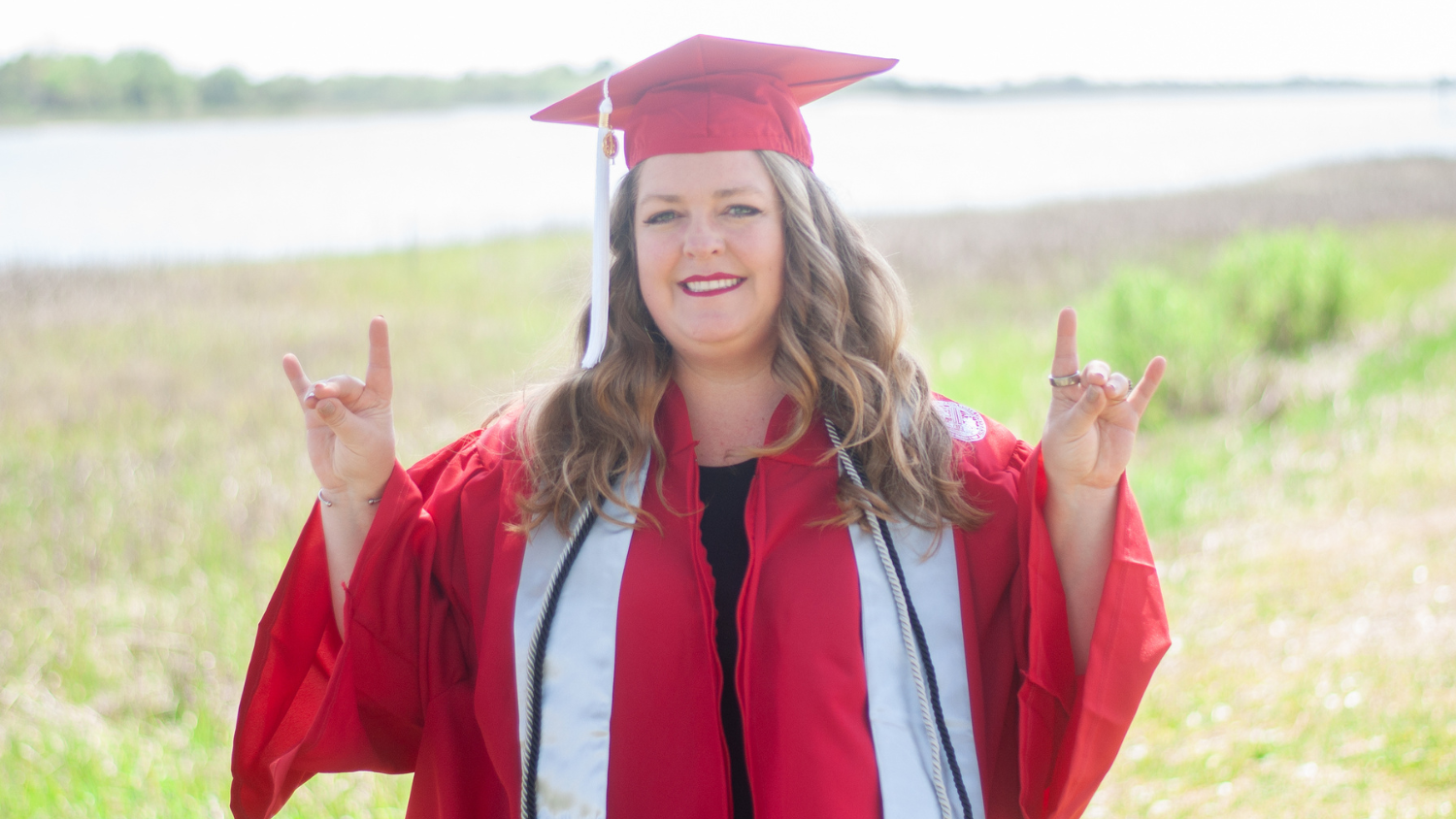YFCS January Blog: Email Etiquette

The Youth, Family, and Community Sciences graduate program publishes a monthly blog written by students and alumni sharing important topics and helpful resources related to the field of family science. In the January blog post, Professor Sarah Kirby shares ways to effectively and professionally communicate with your professors.
Over the years, I have found one thing that many students have in common. They often do not know how to communicate with their professors. Specifically, they do not know how to effectively email their professors. The inspiration for this post comes from Laura Portwood-Stacer’s post on How to Email Your Professor.
Here are a few suggestions on how to improve email communications.
Emailing your professor is not the same as emailing or texting your best friend
“Hey Girl” is not a good way to start. Instead, begin with a formal “Dear Dr. Smith” or “Dear Professor Smith.” Do not begin with Mrs. or Mr. or with the professor’s first name — unless they have specifically asked you to refer to them by that title or name.
Introduce yourself
Some professors have many students and multiple classes. Tell them who you are, what class you are in, and which time and date it meets.
Clearly state why you are writing
A specific purpose is important. Do you have a question or concern that needs to be addressed? Be as specific as possible. Before asking your question, though, do some investigation. The syllabus, the Moodle site, the graduate student handbook for YFCS, and the NC State graduate school handbook are wonderful resources for answering questions related to classes, policies, or graduate studies. I don’t want you to be afraid to ask questions, just do a little homework.
Don’t ask professors/instructors to “give you a call” with the answer to your question
Instead, ask nicely to respond to your email at their earliest convenience. If there is a time urgency, please let them know that as well. Just realize that the more time you can provide a professor to answer your question, the greater the likelihood that they will be able to meet your needs. They, too, have other demands on their time including personal time. Finally, be sure to thank them for their time.
Know that your professors do care about you and do like to hear from you. The YFCS professors are invested in their students and want to help create an environment of open communication. Working to make your emails succinct will only help in that regard.
For more information and a template for writing your professor, please visit Laura Portwood-Spicer’s article.


